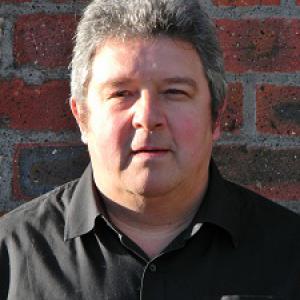In a wide-ranging statement to kick off the new Holyrood parliament, she promised to seek common ground with other parties in line with the SNP’s loss of its overall majority, but made it clear that her administration would not be diverted from the “precious opportunity” of a fairer Scotland.
“The defining mission of this government will be education,” she said. “The expansion of childcare will be our most important infrastructure project of this parliament. It will help parents into work and it will be a transformational investment in the life chances of our children.”
She promised an extra £750m over the parliament for an “attainment fund”, aimed at narrowing the gap between children from richer and poorer backgrounds, and said that 20% of Scots at university will come from the poorest fifth of communities by 2030. A Commissioner for Fair Access will be appointed, and the poverty and equalities commissioner re-appointed.
Earlier this week, the First Minister announced plans for an international council of advisers to bring forward ideas for reforming Scottish education, and she followed it up today by calling a summit of experts and stakeholders, including the Holyrood opposition parties, on raising school attainment.
Sturgeon also confirmed plans to expand nursery education, increase apprenticeship numbers and maintain college places. In line with an election pledge, her government is adopting the Finnish idea of giving parents of every newborn baby a “baby box” of essential supplies, intended to help level the life chances for all Scottish children from the outset.
It was also announced that Sturgeon deputy John Swinney, who has moved to the education brief after nine years in charge of Holyrood’s finances, would present MSPs with a delivery plan by the summer.
Away from education, Sturgeon said there would be a dedicated agency to take charge of Holyrood’s new social security powers, conferred by the 2016 Scotland Act. She promised to “put dignity and respect back at the heart of our social security system” by scrapping the so-called bedroom tax, ending mean-testing of disability benefits, and improving benefits for carers.
On health, Sturgeon said that revenue spending would increase by £500m above inflation over the parliament, with additional resources for mental health and major reforms of primary care. The police budget would be protected in real terms, and ministers would work with civic Scotland to develop a stronger framework of economic and civil rights.
Some more contentious proposals – notably for a “named person” scheme to assign every youngster a public service case officer, and for cuts in air passenger duty – were absent, suggesting the government may not be confident they can command a majority of MSPs. Replying, Scottish Conservative leader Ruth Davidson said the named person scheme must be “at the very least” paused.
Davidson promised that the Conservatives, now the largest Holyrood opposition group, would hold ministers to account. She urged the government to keep Scottish taxes competitive, to honour its pledge of building 50,000 affordable homes before the next election, and not to be distracted by dreams of another independence referendum.
“We intend to provide a forensic challenge to the policies of the government, Davidson said. “If the government wants support, then we will want to see the evidence and the facts that back their plans up, and we will set out a clear vision of how we hope they will proceed.”
Labour’s Kezia Dugdale said her party stood by its election argument that the rich should pay a little more in tax to fund investment in public services. The Greens’ Patrick Harvie warned Sturgeon that she would need to “convince and compromise” to win support for her plans, but pledged his party’s constructive help to further the case for Scottish independence.
Willie Rennie of the Liberal Democrats urged the SNP to “reach out” to other parties for consensus.





















